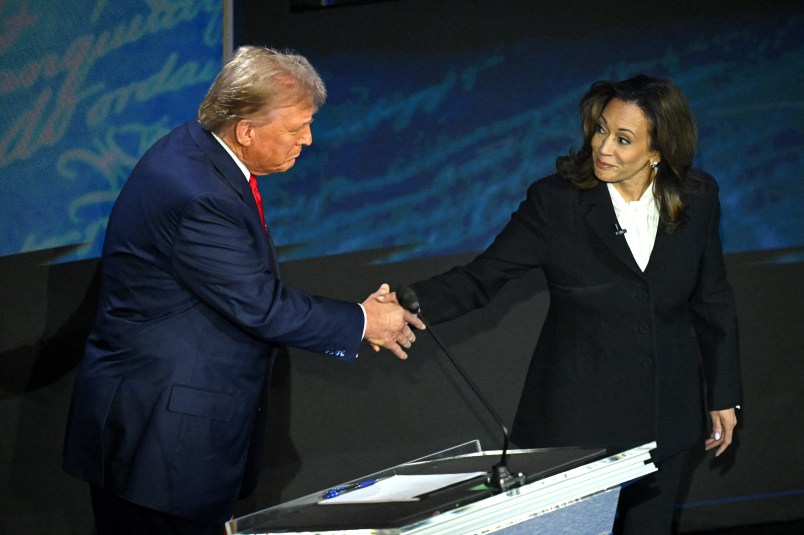The great secret and poverty of campaign reporting is that the majority of it is based on reading the polls or the eventual result and then writing a story of the campaign to match that outcome, predicted or real. Every losing campaign is run by idiots and vice versa. With that reality in mind, I wanted to share some opinions in advance of the results. I think Kamala Harris has run an almost flawless campaign. Many people think a great campaign is made up of a great strategy, or perhaps a great speech. The truth is that campaigns are almost all down to execution. That’s particularly so in an early 21st century American presidential campaign, when the main constituencies and issues are chosen in advance and not by the candidate.
An upstart city council or even House candidate might upset the status quo with an outside-the-box campaign or set of issues. Presidential campaigns don’t work that way. Presidential campaigns are won by energizing and mobilizing key constituencies, shaping the issue agenda in your favor and having more days on offense than defense. On the constituencies front, that means base and reach constituencies. On issues, it’s mostly about raising the salience of issues where a majority agrees with you. Above all, it’s about not making mistakes. It’s also about running a campaign of the quality that you force a lot of mistakes by your opponent. As I said, it’s mainly about execution.
Do you remember any big mistakes? Gaffes that led to days of bad media cycles? Rounds of press about internal dissension? I remember basically none. There were a few comments that the Trump campaign tried to turn against her, along with various elements of the media. But they didn’t amount to anything. There’s been a slight recession in her net favorability over the last three weeks — about two points, give or take. But that’s after coming back from a 17 point deficit when she entered the campaign three months ago.
That late shift is certainly the impact of the deluge of negative advertising run against her over the course of October. That is a truly unprecedented scale of negative advertising against a candidate who is still relatively unknown. Perhaps we will look back and say that that small dent in her public reputation was the margin that made a Trump victory possible. It could happen. There are some things you can’t control. But the scale of popularity she’s built and sustained over three months still dwarfs that.
To an extent the quality of Harris’ campaign is hidden from people precisely because she’s managed her campaign so well. It seems obvious that she’d take over from Biden after the earthquake that drove his eventual withdrawal from the race and just pick up as though nothing had happened. Off to the races, as it were. But there’s virtually nothing about American presidential history that suggests that was a likely outcome. You inherit a bruised and demoralized party. Your party and faction has just, fairly or not, vouched for the opposition’s central claim about your candidate. In most scenarios that mix of internal party crisis and shaken public confidence dooms the inheritor of the race.
What were the arguments? Abortion, democracy, he’s a billionaire who doesn’t care about you. Turning the page. We’re not going back. Yada yada. Were those genius picks? Not really. They were the obvious picks. They were the inevitable picks. Taking over from an unpopular incumbent and managing to convince a big chunk of the electorate that you’re the change candidate? Obvious you’d try, but how the hell do you do that? As I said, campaigns are mostly about execution.
At the end of the day, only winning matters. Campaign quality is mostly a technical question for election analysts and history. But it’s good to know reality before the outcome sets everyone off on a round of circular reasoning.




